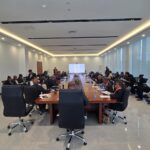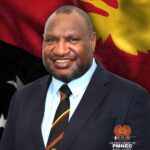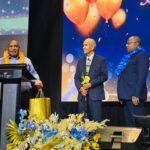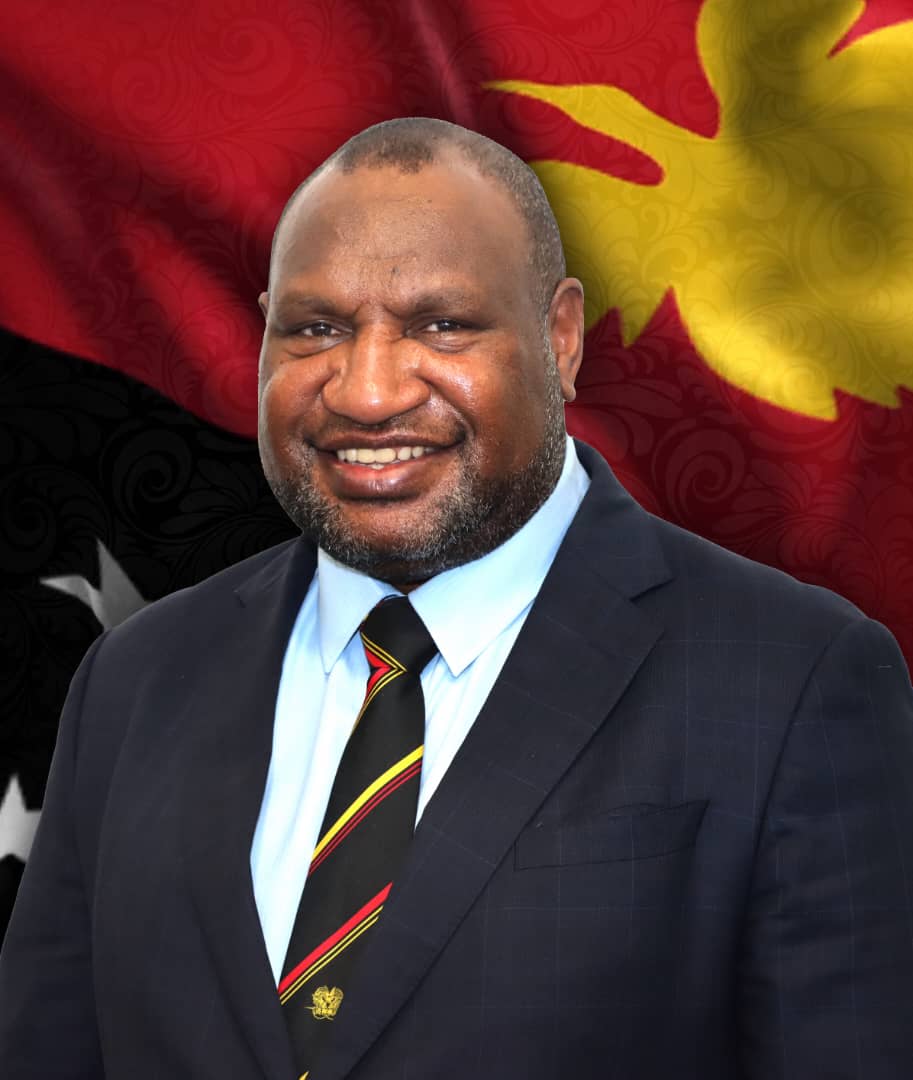Prime Minister Hon. James Marape has reaffirmed his government’s commitment to easing the burden of living costs on Papua New Guineans through a series of bold, people-centred economic measures, including the removal of GST from basic food items, the lifting of the non-taxable income threshold, and the recent increase in the national minimum wage.
Prime Minister Marape said his government remains focused on supporting ordinary working-class Papua New Guineans, families, and small wage earners who continue to feel the pressure of global economic challenges.
“Our government has always been pro-people and focused on helping those who toil daily in the economy,” the Prime Minister said. “We are doing everything possible to help low- income earners and families pull through tough times.”
Major Relief Measures for Workers and Families
Prime Minister Marape highlighted three key initiatives that directly place more money into the hands of ordinary citizens:
1. Removal of GST from Basic Food Items — a measure that has returned over K500 million in foregone government revenue back to consumers.
2. Raising the Non-Taxable Income Threshold — from K12,500 under the previous government to K20,000, ensuring that low-income earners keep more of their pay.
3. Increasing the National Minimum Wage — from K3.50 per hour (set in 2015) to K5.00 per hour, following consultations with the Employers Federation.
“These reforms come at a cost to government revenue, but they are necessary to help our people live decently and sustain themselves in these difficult times,” Prime Minister Marape said. “I do not regret the revenue loss — I’d rather see that money go back into the pockets of our hardworking people.”
Investing in Education and Empowering Citizens
Prime Minister Marape also emphasised that his government’s economic measures go hand in hand with broader social investments designed to build long-term human capital and national resilience.
“Our government continues to stand with our people through practical support in these challenging times,” the Prime Minister said. “This includes our free education policy, which now extends from early childhood learning right through to university. We are also providing special assistance for Papua New Guinean students studying overseas, ensuring that education remains accessible for all — whether at home or abroad.”
He added that these commitments come at a significant cost to the State, but the Government makes no apologies for investing in its people.“Education remains the foundation of opportunity and the key to breaking the cycle of poverty,” he said.
Beyond education, the Prime Minister said the Government is reviewing its SME policy to make business financing more accessible, creating soft-landing opportunities for small business start-ups and local entrepreneurs.
As part of the PNG@50 national reset, he announced preparations for a soft-lending programme to help Papua New Guineans acquire land and homes — a move aimed at easing the financial burden on low- and middle-income earners and helping citizens live with dignity and security.
A Government That Cares for the People
The Prime Minister acknowledged the partnership of the business community and employers in implementing the new minimum wage, describing it as an important step toward a fairer economy that values workers’ contributions.
“I want to thank the Employers Federation for their support in uplifting the minimum wage,” he said. “Combined with the removal of GST on basic goods and the increase in the tax- free threshold, this demonstrates our government’s determination to protect families and workers across the country.”
Prime Minister Marape reaffirmed that his government’s economic policy is guided by the principle of “returning wealth to the people,” ensuring that Papua New Guineans benefit directly from the nation’s growing economy.
“We are building a people’s government — one that shares the fruits of growth with everyone, especially those at the bottom of the economic ladder,” he said.






